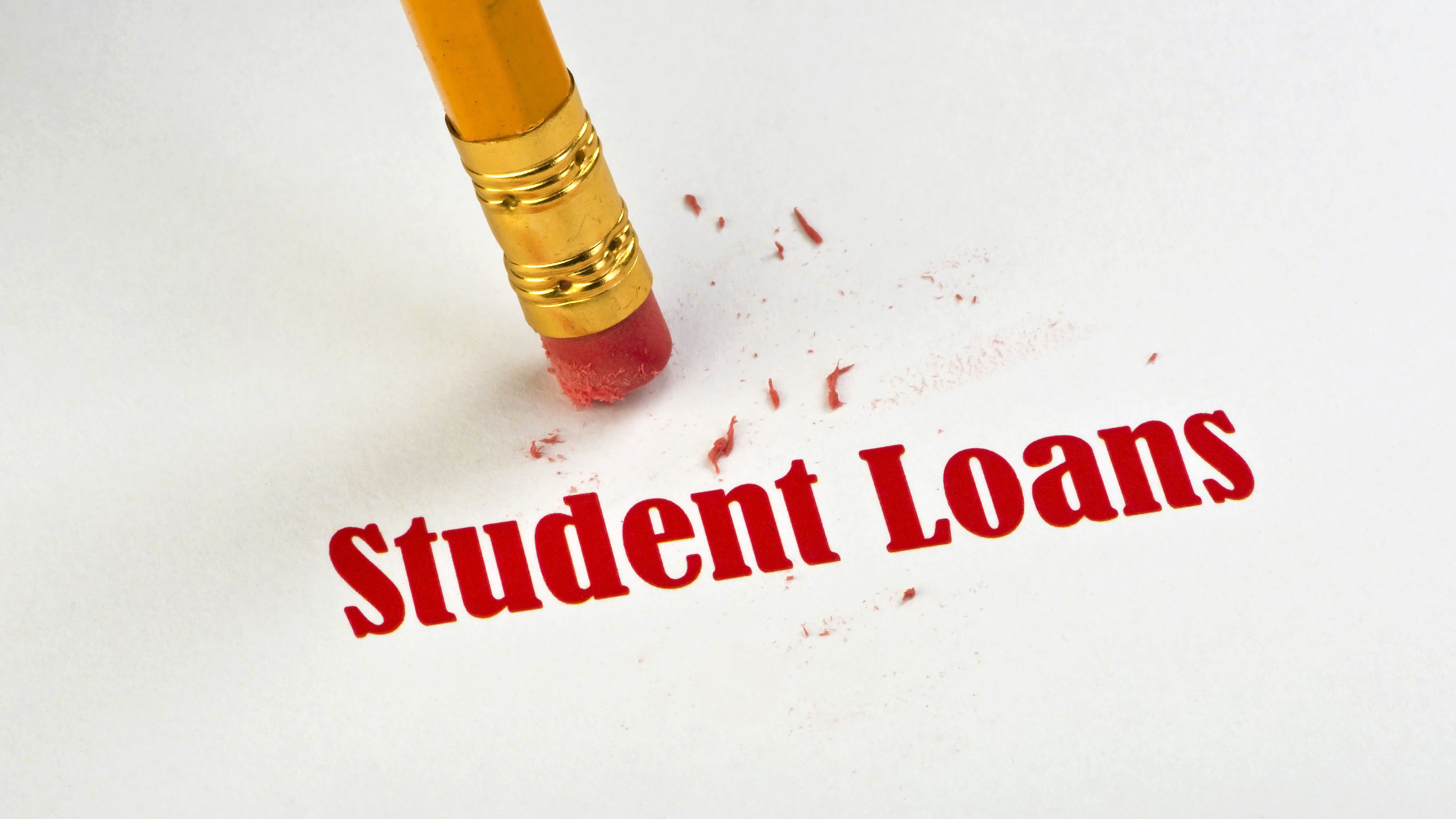
More than 50% of Americans feel that the cost of higher education is out of hand, according to the most recent statistics from Bankrate. And it’s hardly surprising. As of mid-December, more than 43 million Americans have federal student loan debt, equaling a collective balance that exceeds $1.7 trillion.
After a three-year reprieve, federal student loan payments resumed on October 1, 2023. Some borrowers are choosing to defer their student loan payments while they work out a way to repay their loans and fit the payments into their budgets. Others are exploring 401(k) student loan matching.
The SECURE 2.0 Act opened a door for student loan borrowers by offering loan payoff options while making a secure retirement more achievable for Americans. Even so, many borrowers still need clarification about this new legislation.
What is 401(k) student loan matching?
Student loan matching, part of the SECURE 2.0 Act that went into effect Jan. 1, 2024, allows employers to start counting student loan payments as qualifying contributions toward employee retirement plans. In other words, if your employer matches your 401(k) contributions, your monthly student loan payments count as your contributions instead of depositing the funds in your retirement account. That’s great news for millions of borrowers.
This option benefits many student borrowers but could be especially worthwhile for recent graduates with high debt levels. However, not all employees will choose to offer student loan matching, and there are still a few kinks to work out before the widespread adoption of the program. For one, will private student loans qualify?
Who qualifies for 401(k) student loan matching?
According to the SECURE 2.0 Act, which unfortunately is as clear as dishwater, Section 110 allows employers to make matching contributions under 401(k), SIMPLE IRA and 403(b) plans.
- The IRS defines qualified student loan payments as a loan taken out to pay for qualified higher education expenses. These expenses include tuition and other related qualified expenses, such as student activity fees, books, or anything required to enroll or attend the school.
- An eligible student is an individual enrolled at least half-time (6 credits) in a program leading to a degree, certificate, or another recognized educational credential at an eligible educational institution.
How to get your match
As with any student loan program, there are rules to qualify for 401K student loan matching. You must have an eligible employer-sponsored retirement account — 401(k), SIMPLE IRA, 457(b) or 403(b) plans — and make payments on your higher education loan. You will also need to ‘self-certify’ that you made or are making your payments. Finally, your contributions cannot exceed the annual retirement contribution limits set by the IRS.







